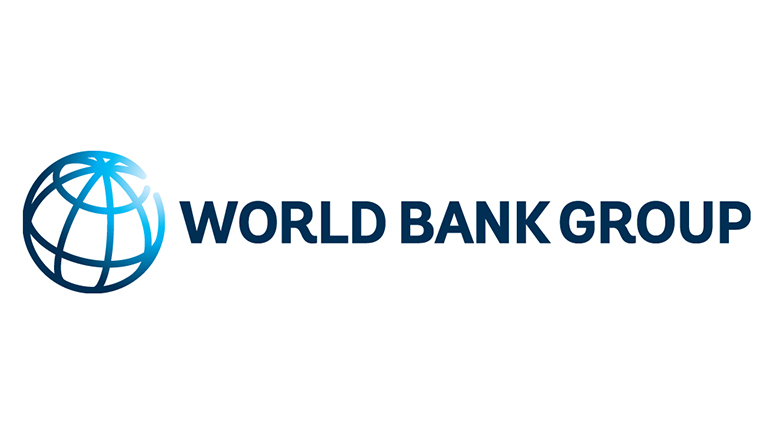
WASHINGTON, USA, 4 December 2024-/African Media Agency (AMA)/- Unequal and limited access to jobs, finance, and public services such as education and healthcare have increased inequality and stalled poverty reduction in Sub-Saharan Africa, according to a new World Bank report released yesterday.
The reportLeveling the Playing Field: Addressing Structural Inequalities to Accelerate Poverty Reduction in Africa, explains that structural inequalities, based on factors like birthplace, ethnicity, gender, and parental background, as well as market and institutional distortions, create advantages for a few and disadvantages for many.
As a result, Africa is the world’s second most unequal region after Latin America, and the only one where extreme poverty reduction has stalled in recent years. While extreme poverty – defined as people who live on less than $2.15 a day – has rapidly declined globally to single digits, Africa’s extreme poverty rate stood at 38% in 2022, the highest among all regions. While the region today hosts 60% of the globe’s extremely poor population, this share could rise to 87% by 2030, without significant reforms.
The report suggests that poverty reduction strategies should focus on broadening opportunities. For instance, beginning in the early 2000s, Ethiopia expanded land user rights, helping to promote investment in agriculture. Market-friendly financial products, such as mobile money in Kenya, helped to boost financial
inclusion and households’ ability to cope with shocks. In Ghana, investments in primary education led to increases in completion rates, while partial market liberalization of the cocoa sector, along with investment in research, disease control, and credit programs, led to increases in agricultural incomes.
“There is nothing inevitable about structural inequalities. As successful country examples show, barriers to opportunities can be removed and replaced with well-designed policies that allow people to build their productive capacities and open access to jobs and markets,” saidNistha Sinha, co-author of the report.
The region overall has struggled to transform economic growth into poverty reduction, largely because of high inequality. In particular, the report highlights that many people are born into circumstances that severely limit their future opportunities. For example, children from the poorest 20% of the population are least likely to finish school on time, and on average, only 32% of poor households have access to electricity, compared to nearly 70% for non-poor households. These differences are compounded by market and institutional distortions that prevent people from reaching their productive potential, perpetuating cycles of poverty, with poor young people forced into low-paying, insecure jobs in the informal sector.
The report outlines four priority areas to address structural inequalities:
- Strengthening economic and institutional foundations to eliminate competition barriers and safeguard property rights.
- Investing in education, health, and infrastructure to build productive capacity.
- Enabling markets to create jobs by improving access to capital, technology, and markets.
- Using government resources fairly through progressive taxation and efficient public spending.
“These policy priorities should not be seen in isolation, but as overlapping and mutually reinforcing—creating a level playing field while at the same time enhancing the region’s productive capacity,” saidGabriela Inchauste, co-author of the report.
By tackling structural inequalities, Sub-Saharan Africa has the potential to unlock inclusive growth, reduce poverty, and create opportunities for millions of people.
In Washington:
Caitlin Berczik, + 1 (202) 458-9351, cberczik@worldbankgroup.org
Daniella Van Leggelo Padilla, + 1 (202) 751-8156, dvanleggelo@worldbank.org
Distributed by African Media Agency (AMA) on behalf of World Bank Group.
The post Broader Access to Jobs and Public Services Key to Addressing Inequality and Reducing Poverty in Africa, says New Report appeared first on African Media Agency.








